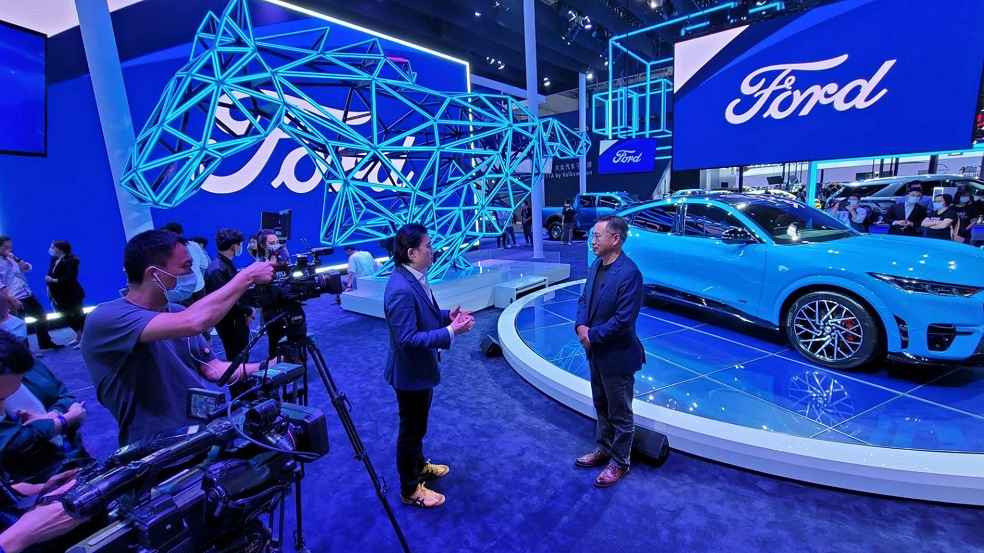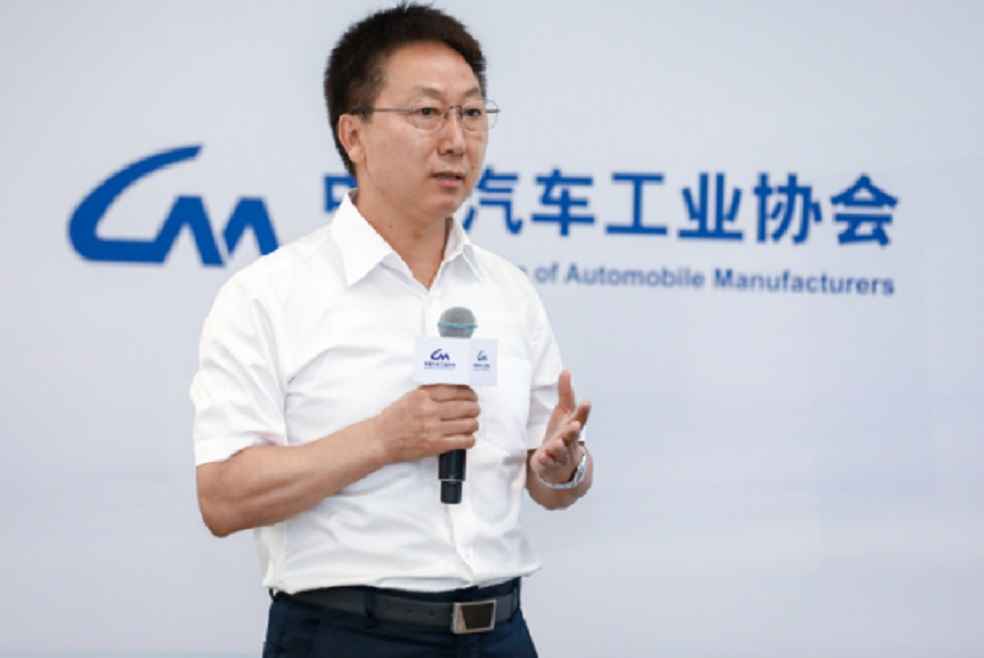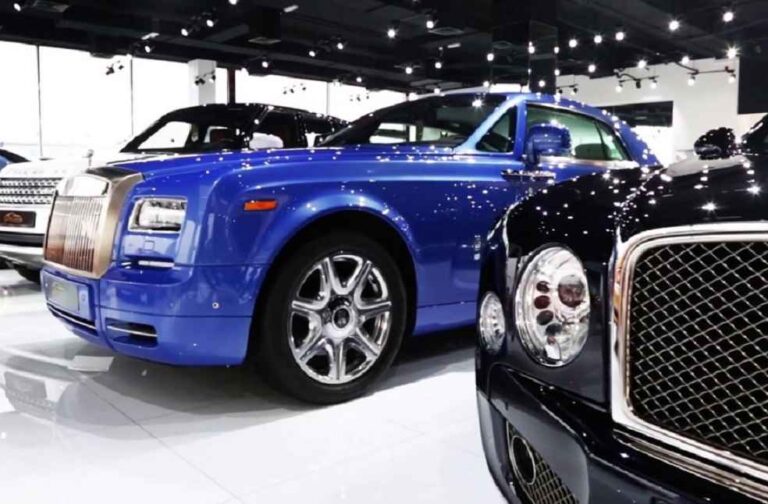Cities around the world are playing an increasingly important role in the growth of the high-quality auto industry. As urbanization continues to accelerate, demand for innovative and sustainable transportation solutions is on the rise, driving the development of new technologies and products.
According to a recent report by the China Association of Automobile Manufacturers (CAAM), the auto industry in China is experiencing strong growth, with sales of new energy vehicles (NEVs) increasing by 247% year-on-year in the first quarter of 2023. This growth is largely driven by government policies and incentives aimed at promoting NEVs and reducing air pollution in cities.
 In addition to China, other cities around the world are also taking steps to promote sustainable transportation solutions. For example, Amsterdam has set a goal of becoming emission-free by 2030, while Paris has banned diesel cars and plans to ban petrol cars by 2030.
In addition to China, other cities around the world are also taking steps to promote sustainable transportation solutions. For example, Amsterdam has set a goal of becoming emission-free by 2030, while Paris has banned diesel cars and plans to ban petrol cars by 2030.
The growth of the high-quality auto industry is also being fueled by innovation in areas such as electric and autonomous vehicles. According to a report by Deloitte, global sales of electric vehicles are expected to reach 31.1 million units by 2030, up from just 2.5 million in 2020. Meanwhile, the market for autonomous vehicles is expected to reach $556.67 billion by 2026, up from $27.57 billion in 2019.
 The auto industry is also benefiting from advancements in areas such as artificial intelligence (AI) and connected technology, which are helping to improve vehicle performance and safety. For example, AI-powered predictive maintenance systems can help detect and prevent mechanical problems before they occur, while connected vehicle technology can provide real-time traffic and weather updates to drivers.
The auto industry is also benefiting from advancements in areas such as artificial intelligence (AI) and connected technology, which are helping to improve vehicle performance and safety. For example, AI-powered predictive maintenance systems can help detect and prevent mechanical problems before they occur, while connected vehicle technology can provide real-time traffic and weather updates to drivers.
Overall, the high-quality auto industry is experiencing strong growth, driven by urbanization, innovation, and a growing demand for sustainable transportation solutions. As cities around the world continue to invest in these areas, the auto industry is poised to reach new heights and play an increasingly important role in shaping the future of transportation.






